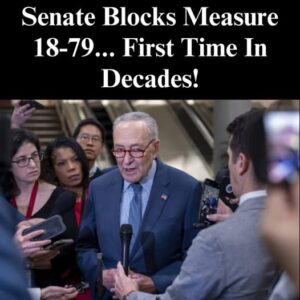In a rare show of bipartisan cooperation, the U.S. Senate voted 51-48 to pass a resolution opposing proposed tariffs on Canadian imports. The resolution aims to overturn a national emergency declaration that had been used to justify the tariffs.
Four Republican senators—Rand Paul, Susan Collins, Mitch McConnell, and Lisa Murkowski—joined Democrats in supporting the measure, which challenges a key piece of the administration’s trade policy. Though largely symbolic due to expected inaction in the House, the vote marks a significant moment of cross-party agreement in an increasingly divided Congress.
The tariffs in question, announced earlier this week, would place a 10% or higher duty on nearly all imported goods, with increased rates for countries with large trade surpluses with the United States. The goal, according to administration officials, is to protect American manufacturing and encourage more balanced international trade.
However, critics have expressed concern that the tariffs could lead to higher prices for consumers and strain relations with key trading partners, particularly Canada.
In the House, some lawmakers are exploring procedural moves to force a vote despite opposition from leadership. Representative Greg Meeks of New York announced plans to introduce a privileged resolution that could bring the matter directly to the floor for a vote.
Senator Tim Kaine, who led the Senate resolution, said he had a conversation with Senator McConnell the night before the vote. According to Kaine, McConnell expressed his support for the measure immediately.
While the final impact of the Senate vote remains uncertain, the outcome signals growing concern on both sides of the aisle about the broader economic implications of sweeping trade changes.
On the same day the tariffs were announced, U.S. stock markets responded with caution. The Dow Jones, NASDAQ, and S&P 500 all opened down 2–3%, reflecting investor unease over potential global trade tensions.
During a speech in the Rose Garden, the president framed the tariff policy as a turning point for the country’s economy. “This is our declaration of economic independence,” he said, expressing confidence that future generations would view the decision as a defining moment.
Despite the controversy, the administration maintains that the new trade approach will ultimately benefit American workers and industries.





